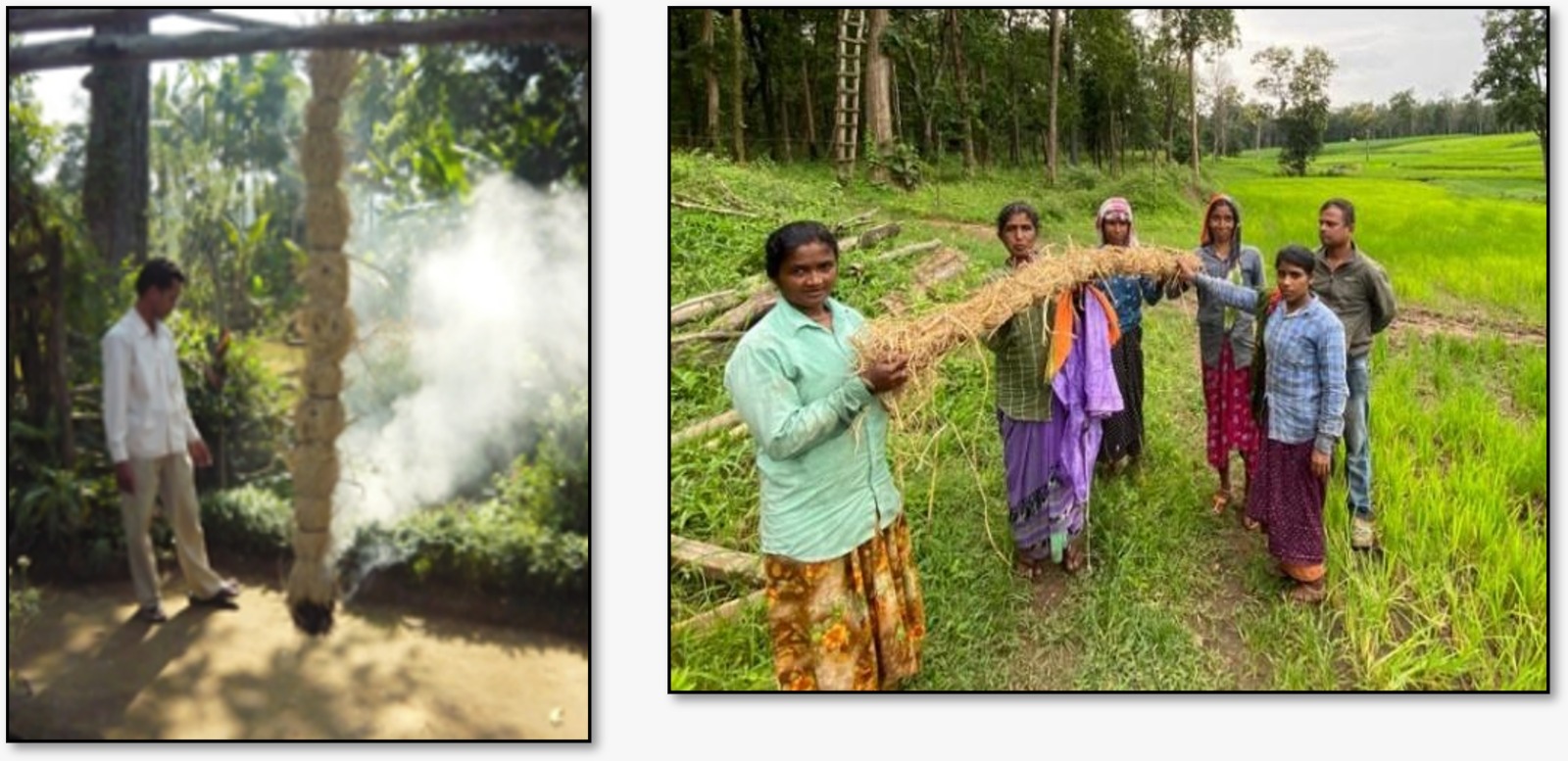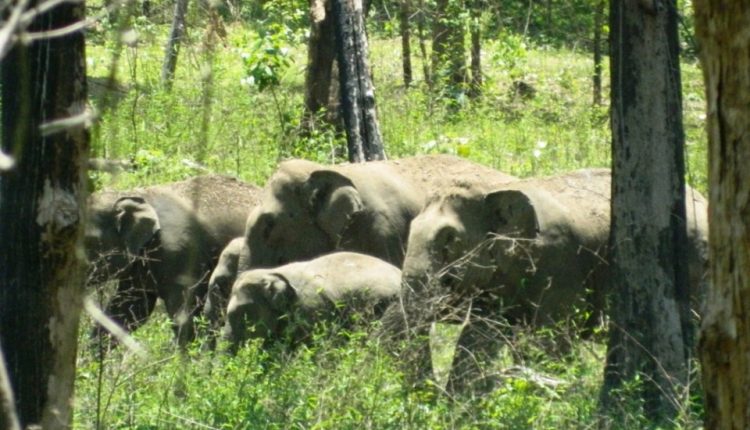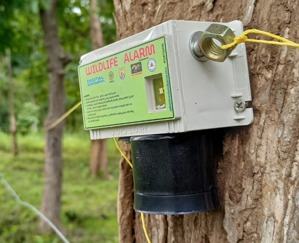By Manjunath K. Shresthi
October 04, 2024
Wildlife Research and Conservation Society (WRCS) was formed in the year by 2005 at Pune, by ex-IFS officer from Maharashtra cadre Jayant Kulkarni, and Wildlife Scientist Prachi Mehta. WRCS is a Non-Profit, NGO with a team of 30 people. WRCS is currently working in the states of Maharashtra, Madhya Pradesh (MP) and Karnataka. In the past, they also have worked in the states of Himachal Pradesh (HP), Gujarat and Odisha.
The motive to establish WRCS was to carry out their work on wildlife research and conservation. The WRCS governing body has prominent forest officers and scientists. The current WRCS President is Mr. V.B. Sawarkar, former Director of Wildlife Institute of India (WII). They’ve extensively worked on large mammals; birds and forest conservation; corridor connectivity; conflict mitigation; and community-based conservation and restoration of lands. Their projects have a strong ecological component, field-based ground work and WRCS closely works with the State Forest Department and local communities.

In neighbouring Karnataka, WRCS started field work on a project to reduce man-elephant conflict. The project started in 2011 and they are still continuing their work in the landscape of north-west Uttara Kannada (U.K) district. They began by creating awareness through the digital medium and have released their “Living with Elephants: The Uttara Kannada documentary”. The filming of the documentary began in November 2023. Their initiatives have greatly helped the farmers as they have come forward to implement trip alarms, using chilly-based deterrents and other farmer based deterrents. When the farmer takes the first step to adopt any measure which pleases him, is an indication of its usefulness.
Dr. Prachi Mehta, spoke about how the entire staff of all PCCF Wildlife, HOFF, CCF, DCF, RFO and the field staff have always been supportive of their work. This work is being implemented in collaboration with the Karnataka Forest Department (KFD).
WRCS’s Message to the general public: “We feel that local communities should be involved in protecting their own crops. For this purpose, they need to be motivated, trained and empowered with measures that are simple and low-cost, so that they themselves can protect their own crops.
The capacity building of farmers who live in shared landscape with wildlife is important. Securing the lives of both people and wildlife is equally important. Promoting co-existence between the two species is possible. But it has to be implemented on the ground with firm belief and workable ideas”.
About “Living with Elephants: The Uttara Kannada documentary”: It addresses the issue of habitat loss and fragmentation of elephant corridors that leads to crop damage by elephants. As farmers become agitated, and their retaliation to the gentle giants causes them injury and even death. The documentary highlights the plight of the farmers in the taluks of Mundgod-Yellapur in Karnataka’s Uttara Kannada (U.K) district.
Some of the farmers who’ve spoken on camera are from the villages of: Hotegiri, Jogikoppa, Kandrenkoppa, Nagnoor, Naranali and Somapur. The highlight of the documentary is “that through technology and innovative solutions with good cause and good intentions, it’s possible to have co- existence with humans and elephants”. Farmers in 35 villages guard their crops with simple, low cost methods. Their crops stand safe and the elephants roam free. The community-based conflict mitigation (CBCM) model proves that, the WRCS project is helping to establish a model where farmers are successfully protecting their own crops from elephants. It is a replicable model with proven potential and WRCS plans to implement the same in other landscapes, where man-animal conflicts are known to exist.
For further details visit: https://www.wrcsindia.org/



